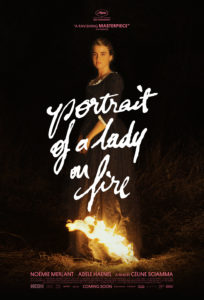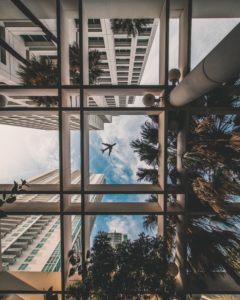New poetry by ADAM SCHEFFLER and MEGAN PINTO
Table of Contents:
Adam Scheffler, “Checkout”
Megan Pinto, “Faith”
CHECKOUT
A poem can’t tell you what it’s like
to be 83 and seven hours deep
into a Christmas Eve shift
at Walmart, cajoling
beeps from objects like the secret
name each of us will never
be sweetly called, can’t show
you her face and eyes like the
night sky, or the white-haired
man wearing reindeer horns,
mumbling into his collar’s
static-y radio-gadget; a poem
can only mention her eyes,
shocking blue, like desert
pools, the red & white of her
Santa hat, or take note of the
little carts carrying each beached
customer to the doom of their
product; but a poem can place
this curse upon the Waltons:
that they be given her job
manning the conveyer as it
rattles its barren Torah through
miles of product, or be given a list
of every item they sell, and be
made to wander like Israelites
back and forth through their
endless stores until they find them,
until their heads and toes grow
lighter, and Christmas music
lifts and carries them & lifts
and carries them, like each
one is a burst suitcase of
money blizzarding open.














